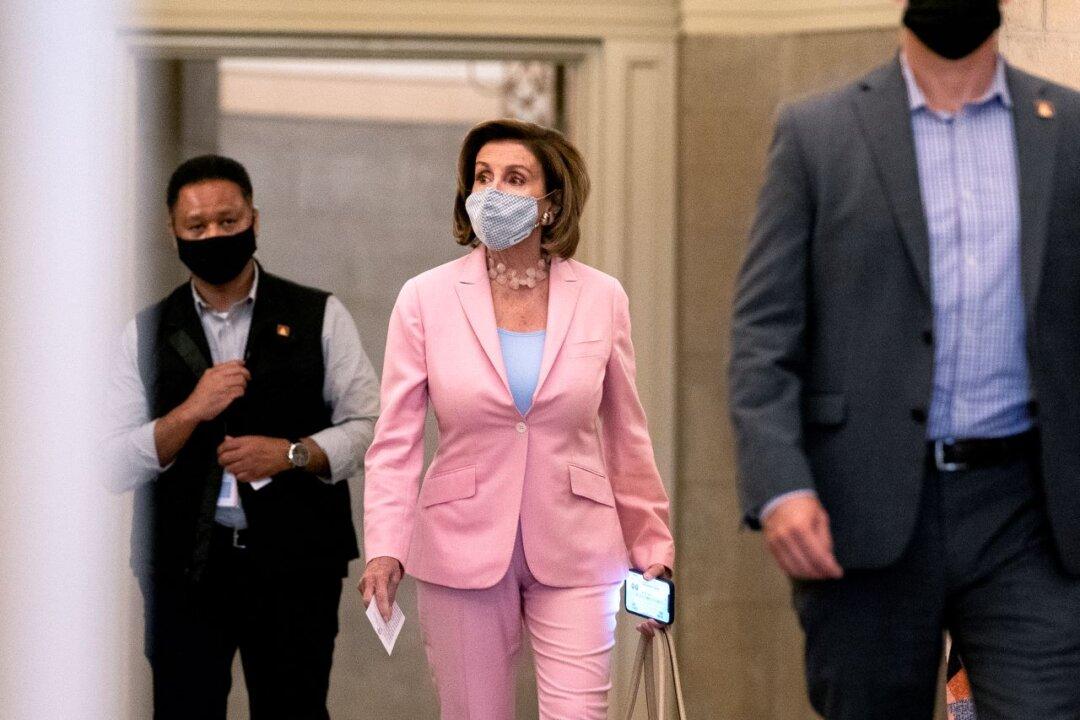Speaker of the House Nancy Pelosi (D-Calif.) has again extended the controversial proxy voting system in the U.S. House of Representatives through Christmas, citing an ongoing “public health emergency” from COVID-19.
Under the proxy voting system, approved by a party-line vote in Jan. 2021, lawmakers don’t have to show up in person to Capitol Hill to vote. Instead, they can have colleagues cast their ballots for them.





